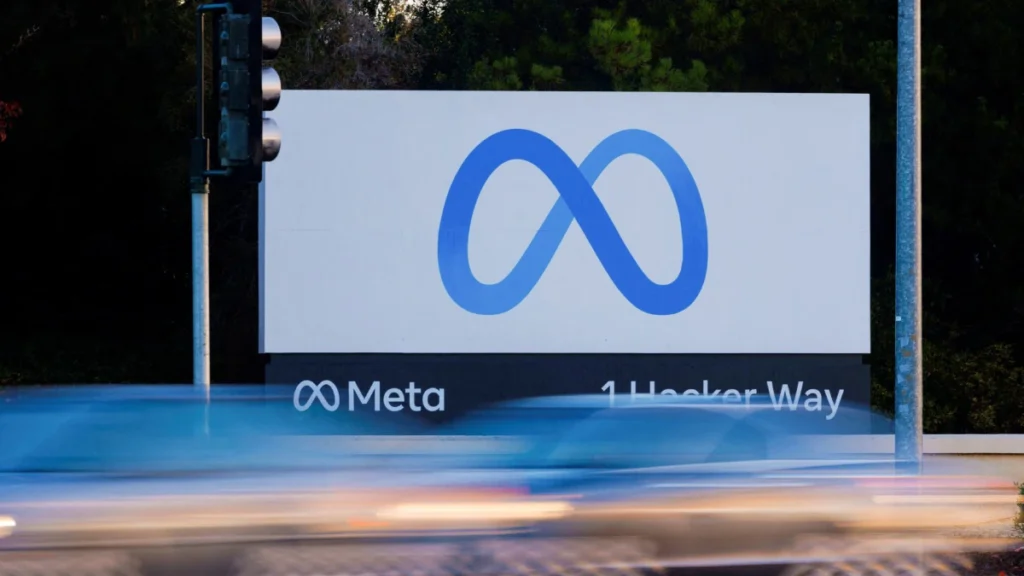Meta and Tech Giants Address Misuse of AI in Elections
Meta revealed in a Wednesday statement that it had identified instances of “likely AI-generated” content being used deceptively across its Facebook and Instagram platforms. This deceptive content included comments praising Israel’s actions during the Gaza conflict, strategically placed beneath posts from prominent global news outlets and US lawmakers.
According to Meta’s quarterly security report, the accounts responsible for this activity posed as diverse personas, including Jewish students, African Americans, and other concerned citizens. The campaign primarily targeted audiences in the United States and Canada. Meta attributed this coordinated effort to a political marketing firm based in Tel Aviv, known as STOIC.
As of now, STOIC has not responded to the allegations or provided any comment on the matter, leaving the specifics and implications of Meta’s findings open to further scrutiny and investigation.
This revelation underscores the ongoing challenge faced by major tech platforms in combating the misuse of AI technologies for deceptive purposes, particularly in sensitive areas such as political discourse and global conflicts. Meta’s efforts to disclose and address these issues through transparency reports are part of its broader strategy to mitigate misinformation and uphold platform integrity.

The incident also highlights the complex intersection of technology, regulation, and ethical considerations in the digital age. As AI continues to evolve and permeate various aspects of online interaction, the responsibility to monitor and regulate its use falls increasingly on tech companies and regulatory bodies alike.
Moving forward, Meta and other tech giants are likely to face heightened scrutiny and pressure to implement robust measures that prevent the exploitation of AI-driven tools for malicious intents. This includes not only improving detection mechanisms but also enhancing transparency and accountability in how such technologies are deployed and monitored across their platforms.
The companies have emphasized digital labeling systems to mark AI-generated content at the time of its creation, although the tools do not work on text and researchers have doubts about their effectiveness.


















